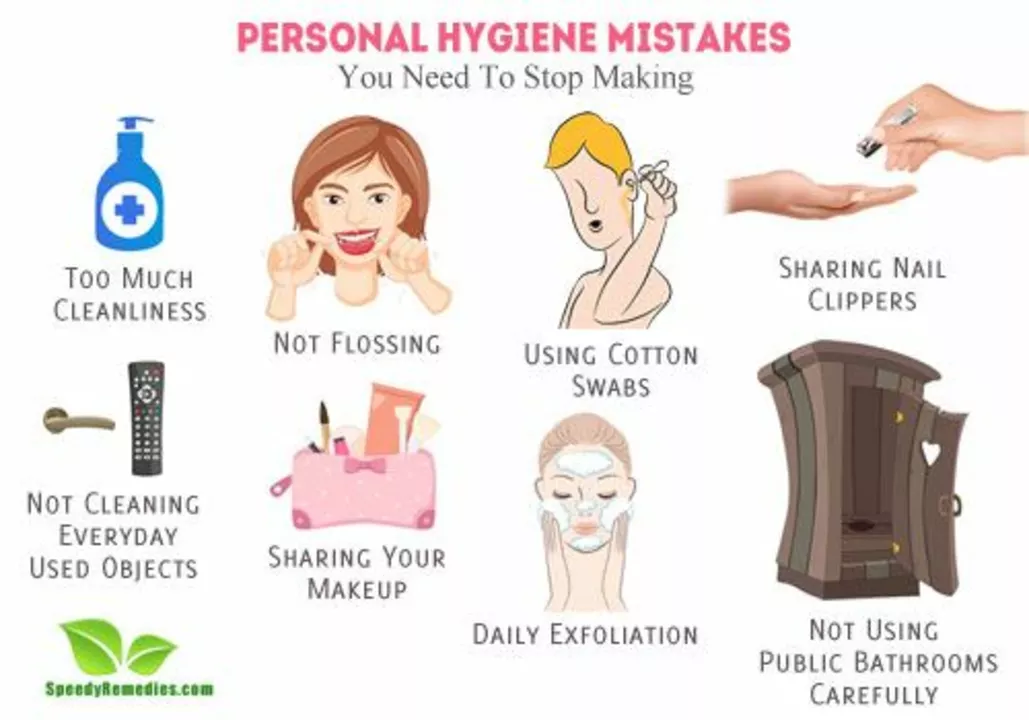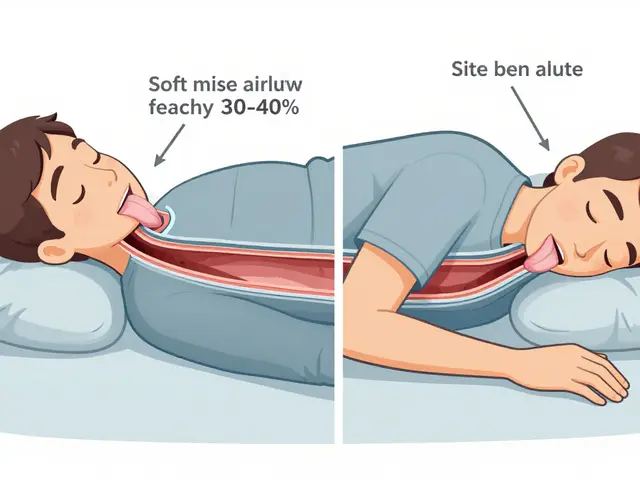Prevention — Practical Steps to Stay Healthy and Use Meds Safely
Most health problems start with small habits. Fix the little things and you stop big problems before they begin.
Start with basic hygiene. Wash hands with soap for 20 seconds after being in public, before meals, and after using the bathroom. A quick rinse won’t cut it—proper handwashing cuts many infections at the source.
Vaccines are prevention power tools. Stay up to date on vaccines for flu, COVID-19, and other shots your doctor recommends. They don’t just protect you—they lower spread to family and people with weaker immune systems.
Move more and eat with purpose. Regular activity and balanced meals reduce risk for heart disease, diabetes, and many infections. You don’t need a gym—daily walks, stairs, and simple home workouts work.
Sleep matters. Poor sleep weakens immunity and raises appetite for junk food. Aim for consistent bedtimes and a screen-free wind-down routine to protect your energy and resistance to illness.
Medication Safety at Home
Keep a small, clear medicine plan. Track what you take, why, and when. Use a pillbox or phone reminders to avoid missed doses or double-dosing, especially with blood pressure or diabetes meds.
Read labels every time. Active ingredients, dose, warnings, and interactions matter. For example, acetaminophen appears in many products—accidental overdoses happen when people mix medicines with the same ingredient.
Know alternatives and when to ask a prescriber. If a medication causes bad side effects, there might be safer choices. Articles on prednisone alternatives, steroid-sparing creams, or antibiotic substitutes can help you discuss options with your clinician.
Buying Medication Online — What to Watch For
Online pharmacies can save time and money, but choose them carefully. Look for clear contact info, a licensed pharmacist, and a UK or national registration if you live there. Avoid sites that sell prescription-only drugs without a prescription.
Check reviews and independent checks. Reliable sites include those with NHS or regulatory mentions, transparent pricing, and secure payment. If a deal looks too good, it probably is—counterfeit meds are common on sketchy sites.
Keep records of purchases and deliveries. Save receipts, packaging info, and batch numbers in case you need to report a problem. If a drug looks different or causes new symptoms, stop and consult a clinician.
Prevention also means timely care. Don’t delay seeing a professional for persistent symptoms. Early treatment shortens illness, reduces complications, and often avoids stronger meds later.
Small changes—clean hands, vaccines, smart shopping, good sleep, and clear communication with providers—add up. Use these simple, practical steps to prevent trouble and keep your medicine use safe and sensible.





